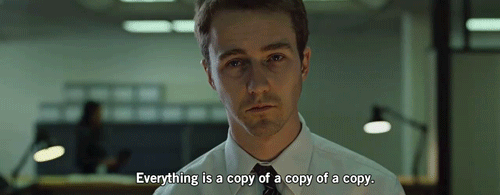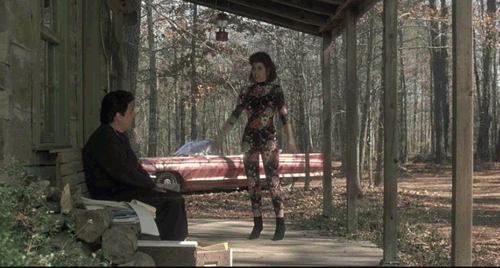I’m terrible at writing two to three stories from one reporting trip. How do I get better at this? —Anonymous
If you’re a freelancer who’s writing for a range of publications, think about how you can switch up the format to use your reporting to appeal to different editors. What makes a good Q&A at one place could be folded into a trend piece for another outlet. You can also play with scale and approach. What’s a local vs. a national angle? A political vs. a cultural angle? Is there an opinion piece that you’re inspired to write after reporting the piece? Etc.

One thing I try to do, with every source I interview, is ask one or two off-topic questions. Not total left-field stuff, but things you know will be peripheral at best to the piece you’re writing. These sorts of questions can function as good icebreakers, and they often spur entirely different story ideas. If you’re interviewing a woman who just founded her own tech startup, don’t just ask her about her own business or about being a woman entrepreneur, ask her what she thinks about gentrification in San Francisco, say, or about her upcoming vacation plans, or about some issue that’s making headlines that day.
She may not be an “expert” in this area; she may not provide you with a quote you want to plug into this particular piece, but her perspective might spark a new idea. In other words, don’t just think of your trip as a way to gain quotes and scenes for one assignment—use it as an opportunity to generate more story ideas. To quote the late, great Nora Ephron, “Everything is copy.”
I mainly write for one outlet, and I love working with my editor. However, I get relegated to writing news stories/tidbits. I’m not given many opportunities to do anything longform. And lately, my editor has been putting his name on what I’ve written (mostly tiny news pieces) that he’s either added a sentence to or nothing at all, saying that we co-wrote it. I’m not really sure what to do in this situation. I’m pretty new in trying to establish myself as a writer, so I want to continue with this outlet, but I want to be able to write things that could help establish me long-term as well. —Anonymous
Whoa, whoa, whoa. Your editor is adding himself to your byline when he’s only made a few additions? That’s not cool, and you need to address that directly with him. I don’t know of any editors who feel entitled to a shared byline when they’ve written a sentence or two. You need to insist that this stop.

The question about longform opportunities is trickier. What’s the agreement you have with this outlet? Did they bring you on to contribute mainly short stuff, and now you’re looking to branch out? Or did they promise at the outset that you’d be able to write long? In either case, sounds like it’s time to initiate a conversation about your expectations and responsibilities.
Be specific. Say, for example, “I’d like to contribute at least one piece a month that’s reported and more than 1,000 words.” When you have this conversation, be ready with some awesome longform story ideas to get your editor excited. If he responds that they want to keep you writing newsy tidbits, then you need to let him know you’ll be pitching your longer ideas elsewhere.
Ann Friedman is a magazine editor who loves the internet. She lives in Los Angeles
